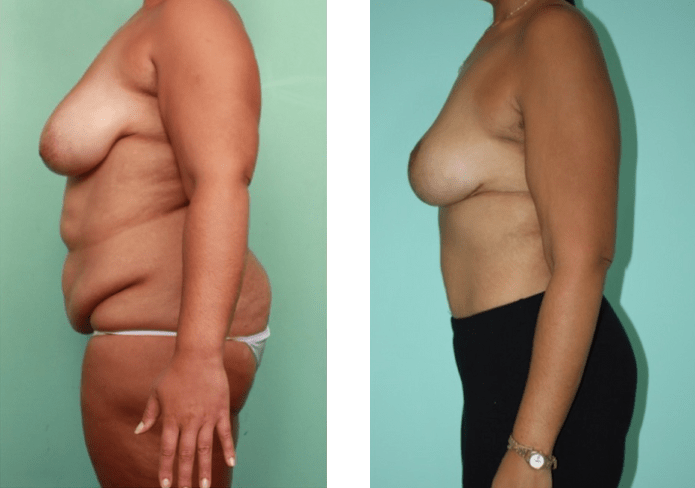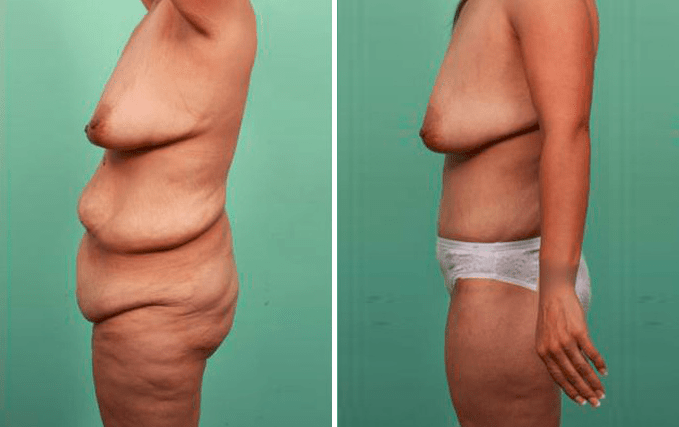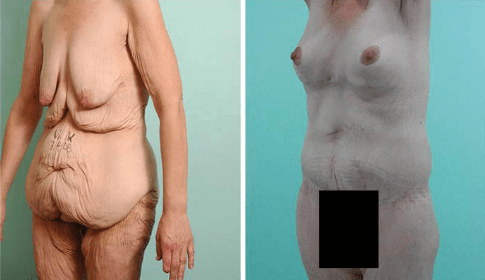Having Bariatric Surgery is a significant part of your weight-loss journey. The word journey is something that, as a bariatric patient, you need to remember, because life really changes after weight loss surgery.
Here, at VIDA Bariatrics we have been lucky enough to guide thousands of patients through their bariatric and post-bariatric journeys. One of the things we always remind them of is: your body will change. The way you eat and exercise after bariatric surgery must change as well. Ready for the next chapter? the one that starts the morning after the surgery.
From experience, we know that as a patient, if you are committed to it, life after bariatric surgery definitely changes for the better!
Our VIDA Bariatric surgeons always encourage patients to think of weight loss surgery as a new beginning, a new chance at being healthy and happy. If you’ve been struggling with obesity, surgery alone will not give you the results that you want. Any weight loss procedure you get is just one ingredient for progress.
How to Lose Weight After Bariatric Surgery
Do you want to know how to lose weight after bariatric surgery? The most important thing to keep in mind is that proper nutrition and working out after bariatric surgery is as important as going into the OR! We also understand it can be intimidating having to keep up with all the things you now have to change and adjust. In reality, with easy-to-follow lifestyle changes and the right support team (Us!), you can expect some amazing results.
Today we want to share with you some valuable information and tips on exercise after bariatric surgery, so you’re better prepared for your new beginning: weight loss, self-love, and wellness.
Exercise and Bariatric Surgery
You probably have a lot of doubts regarding exercise following your weight loss surgery. It is a surgical procedure after all! Some of the questions we get from patients revolve around the right time to start doing physical activity and the best exercise after bariatric surgery.
Incorporating sweat-inducing activities into your post-bariatric routine has tremendous benefits, not only for your weight loss goals but for your health in general. Exercising after bariatric surgery will help you:
- Boost your metabolism.
- Strengthen your joints and bones.
- Reduce stress, anxiety, and depression.
- Lose pounds and keep them off.
- Reduce your risk of cardiovascular diseases and some types of cancer.
- Improve your mood.
Working Out After Bariatric Surgery
What else do our bariatric surgeons want you to know? Be kind and patient with yourself! Your doctor will tell you exactly when you can start working out. High-intensity cardio and weight training after bariatric surgery will be off the table from anywhere to 6 weeks for patients who had laparoscopic surgery to 10 weeks for patients who had open surgery. But there are other things you can do in the meantime. Read more here on what to do after weight loss surgery.
Exercise for bariatric surgery patients: step by step
Literally, step by step! The first physical activity your surgeon will clear you to do is walking. Walking after your surgery is a simple, yet effective way to kick-start your post-bariatric fitness journey.
Always go with what your body is telling you. While exercising does require effort, you should not feel sick, dizzy, or in pain, particularly in the first few weeks after surgery. So, the first week, stick to walking. You can start to walk around your house, try to resume your daily chores and take a short walk around the block. Slow and steady, nothing too strenuous!
As the amount and type of exercise you can do increases, don’t stop walking. We always encourage patients to aim for 10,000 daily steps.
Post-Bariatric Surgery Exercise Plan
When you exercise after your procedure, start off slow and steady, and as your doctor allows, you can incorporate more exercises such as swimming, dancing, and biking. Try and find something that you enjoy too or ask your loved ones to join you for a quick power walk! A couple of weeks following the procedure, you should start to focus on your flexibility and strengthening your muscles as well. As a post-bariatric patient, you can do yoga, ballet, aerobics, or pilates. A good combination of aerobic exercise and weight resistance training will give you the best post-bariatric results!
Toning exercises and building muscle after bariatric surgery
Adopting a new workout routine should always be done under professional guidance. We believe that joining a gym is great and can be very motivating, but always remember that as a post-bariatric patient, slow and steady is rule #1. Set yourself up for success by trying some of these tips:
- Don’t lift weights that are too heavy. Start with few reps and light weights, and slowly build up to that muscular guy working out next to you. Do what feels best for you!
- Body weight exercises can be just as effective. If it’s been a while since you’ve worked out, avoid injuring yourself. Start doing toning exercises such as squats, lunges, and sit-ups with no additional equipment. We cannot stress this enough, be patient and you’ll get stronger.
- Looking for an additional challenge? Try using resistance bands to perform exercises such as biceps curls, squats, and leg raise. Those stretchy little things are seriously effective.
- Always dedicate several minutes to warming up before your workout session and make sure to stretch afterward.
And most importantly, enjoy your workout. You are doing something great for your health and body! It is good to remember that saggy skin can only be toned up so much, so you could always consider post-bariatric plastic surgery to help. Ask your surgeon for more advanced exercise program recommendations so you can tone your muscles better.
Contact any of our experienced bariatric surgeons with questions or concerns regarding bariatric surgery, post-bariatric exercise guidelines, diet recommendations, and anything in between. Call VIDA Bariatrics at (619)610-1667.




